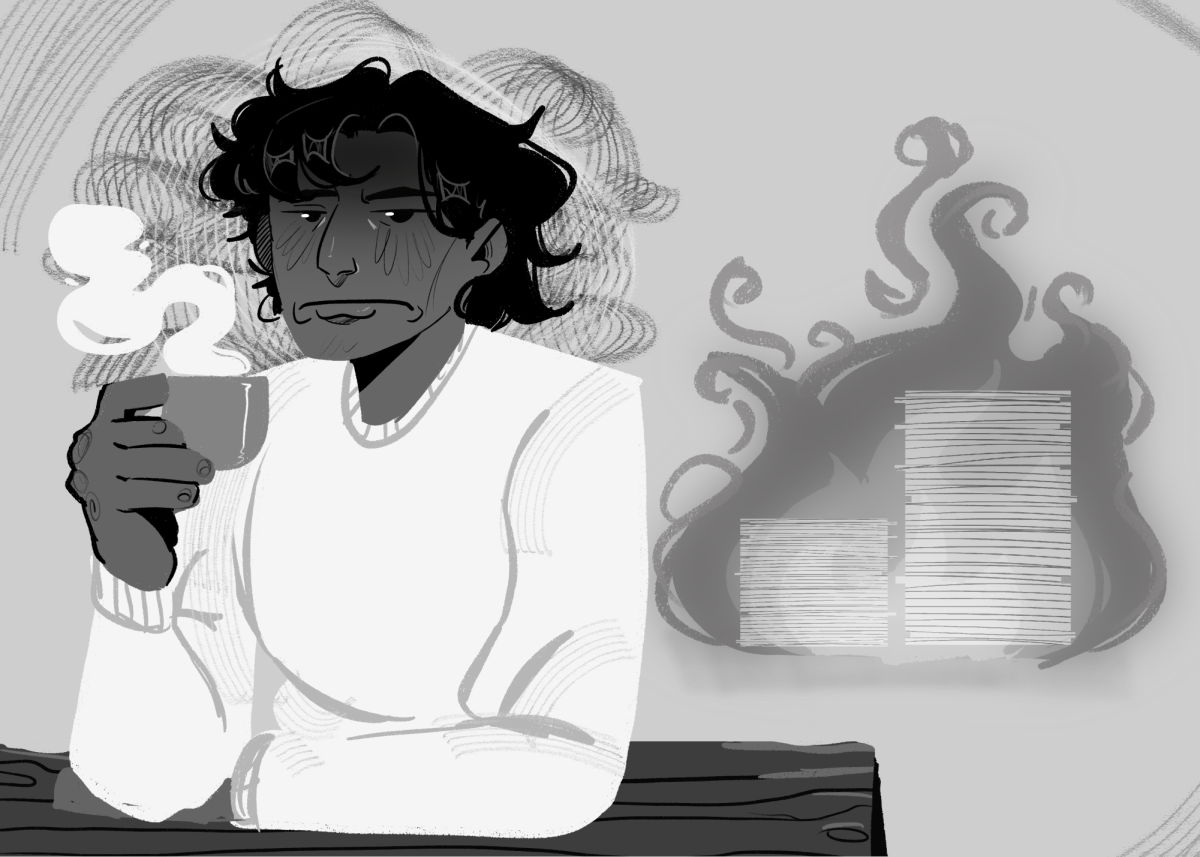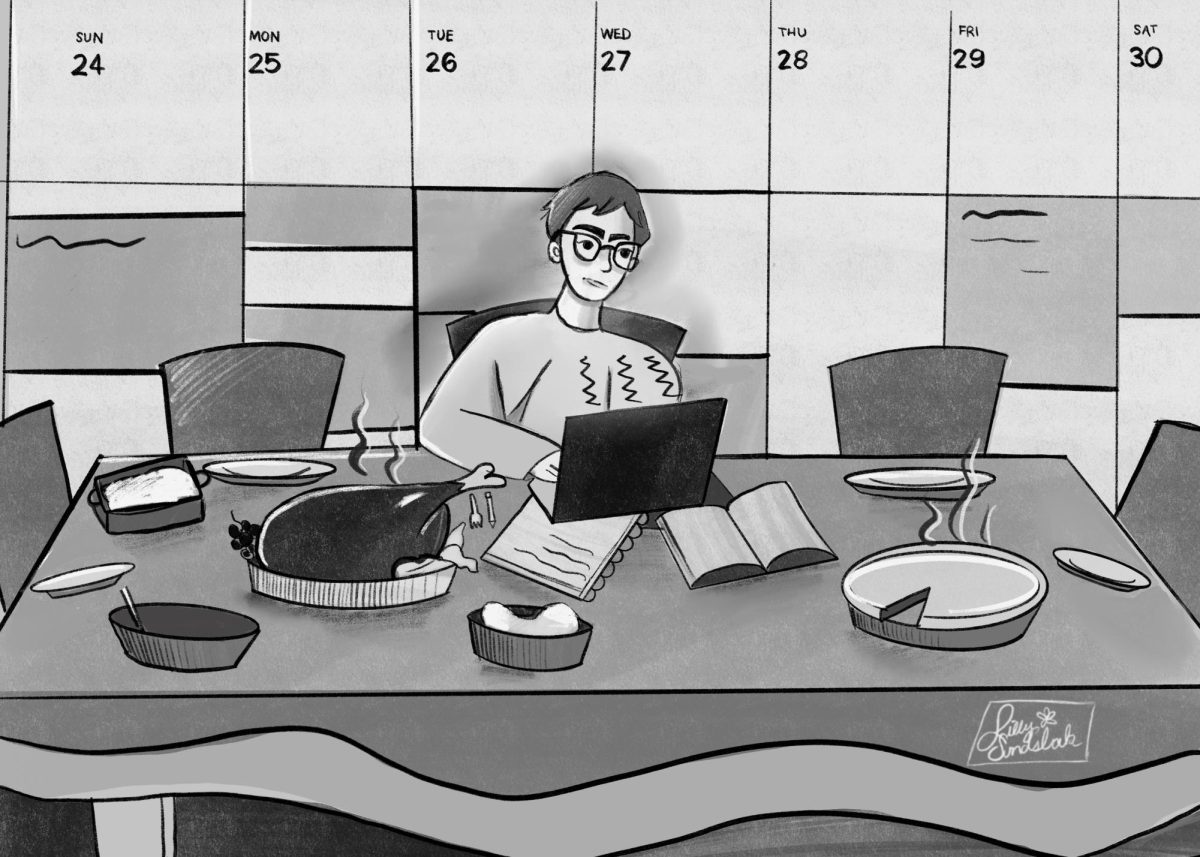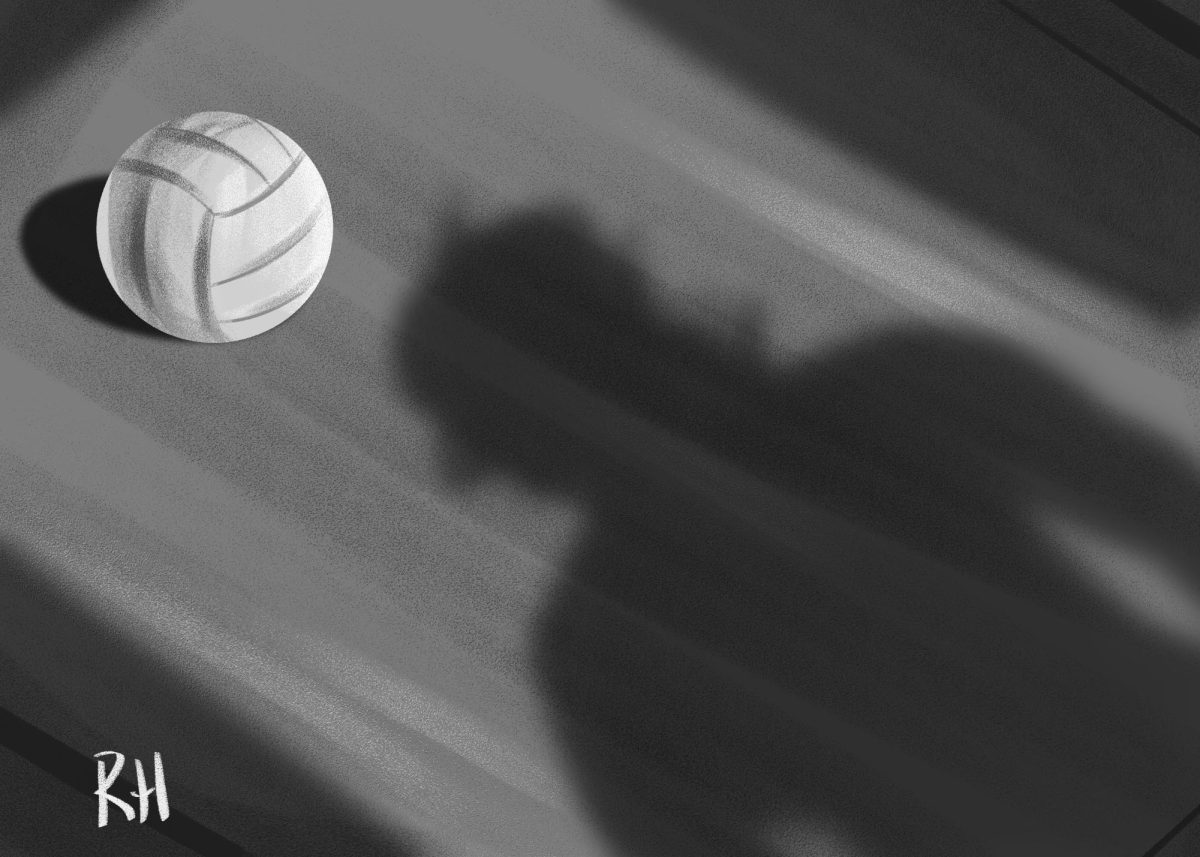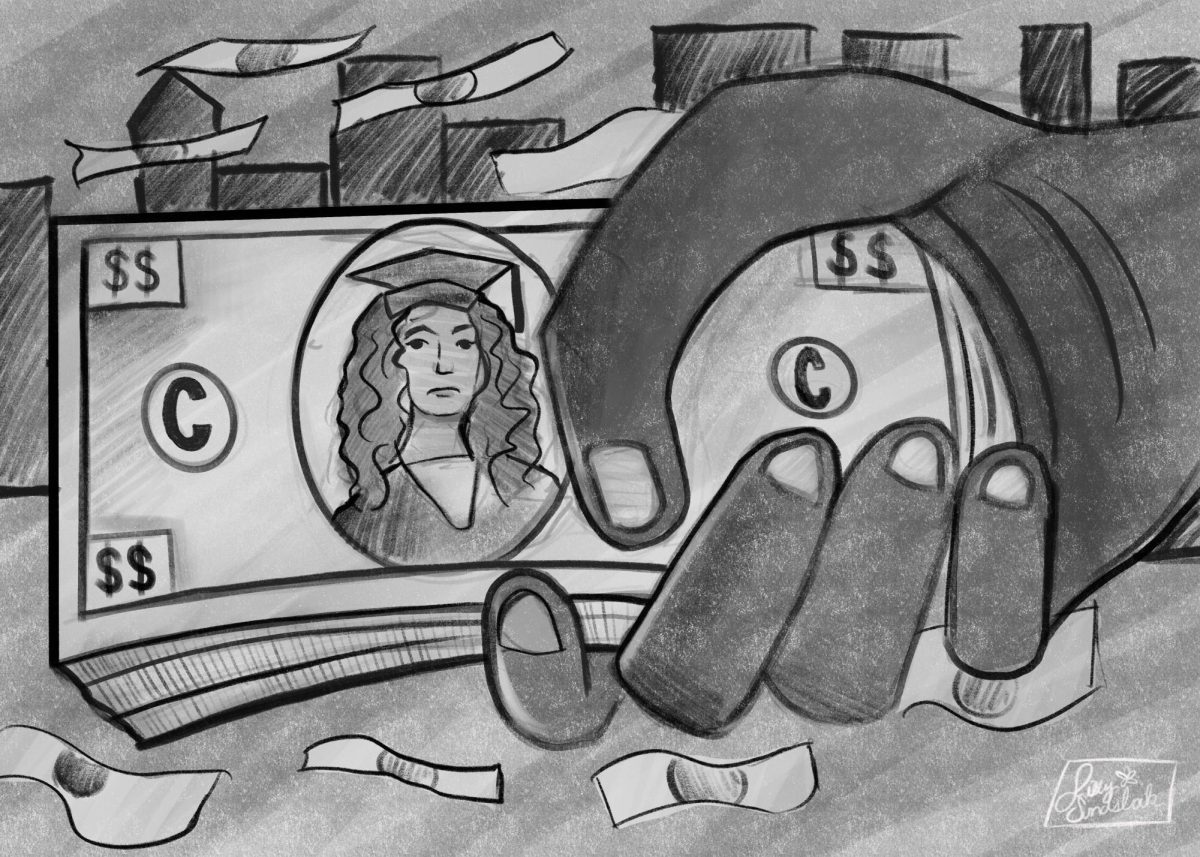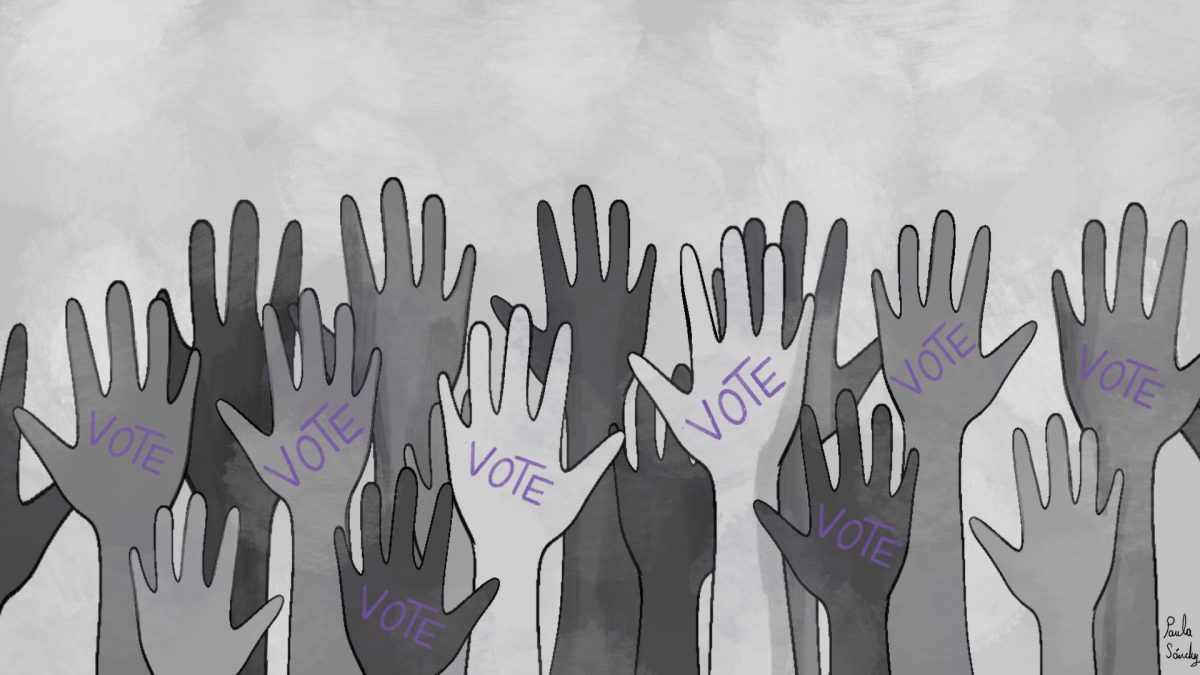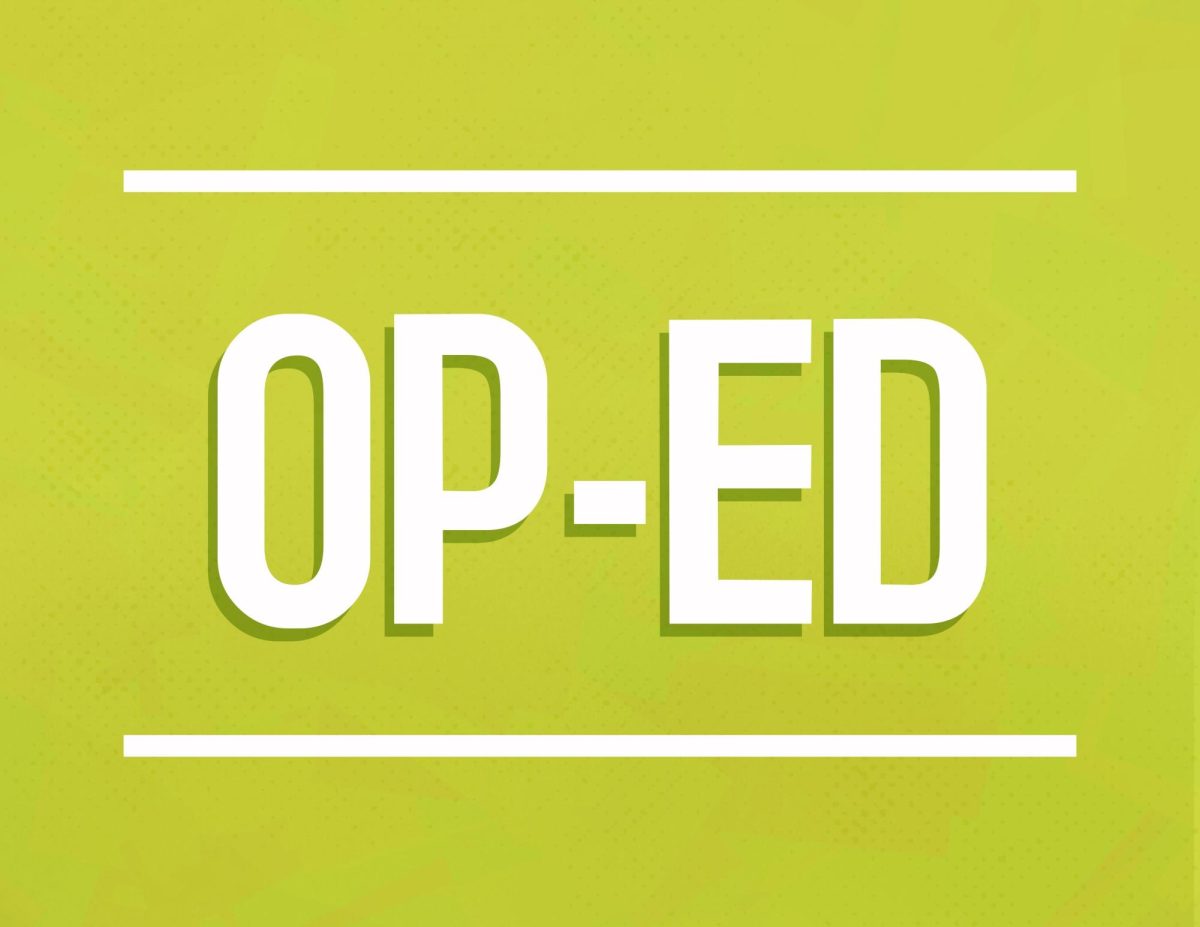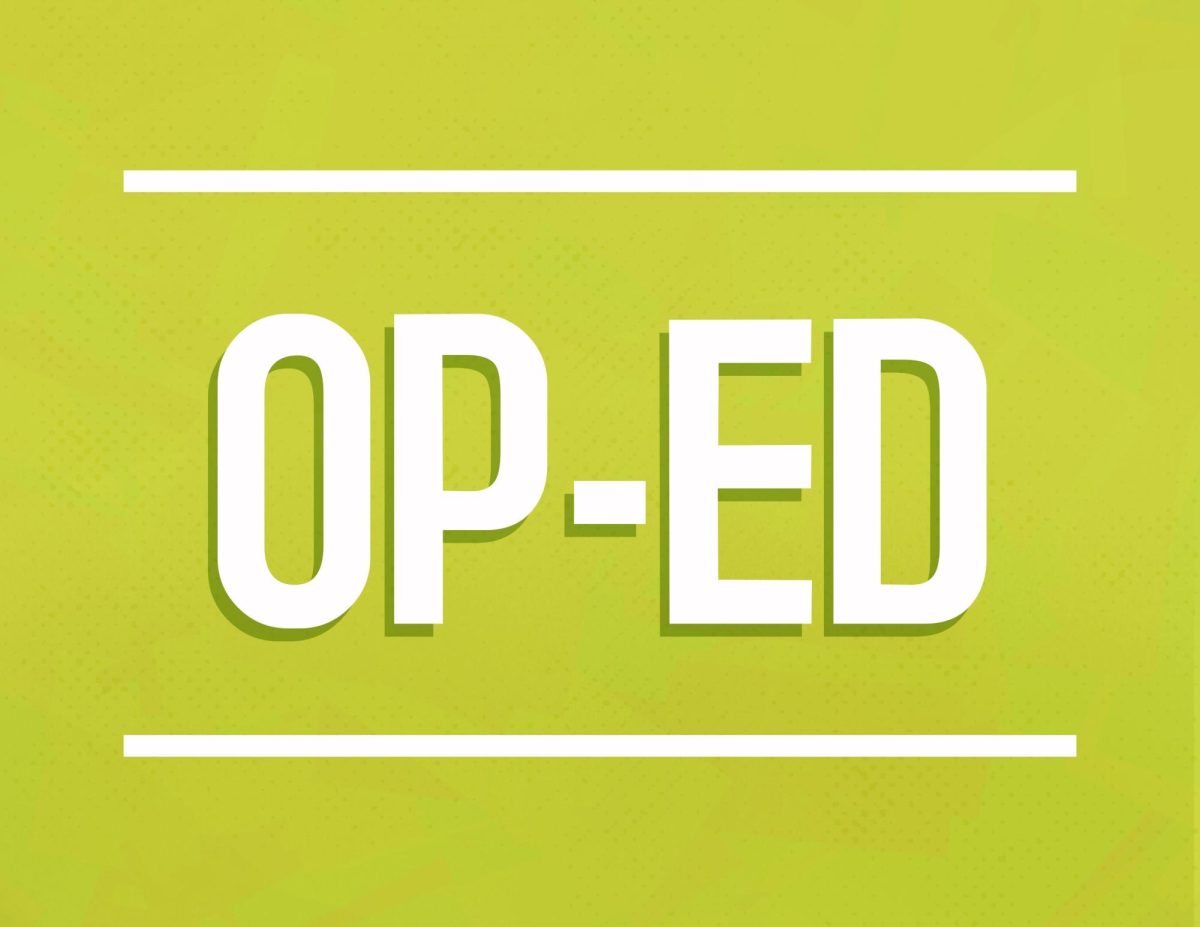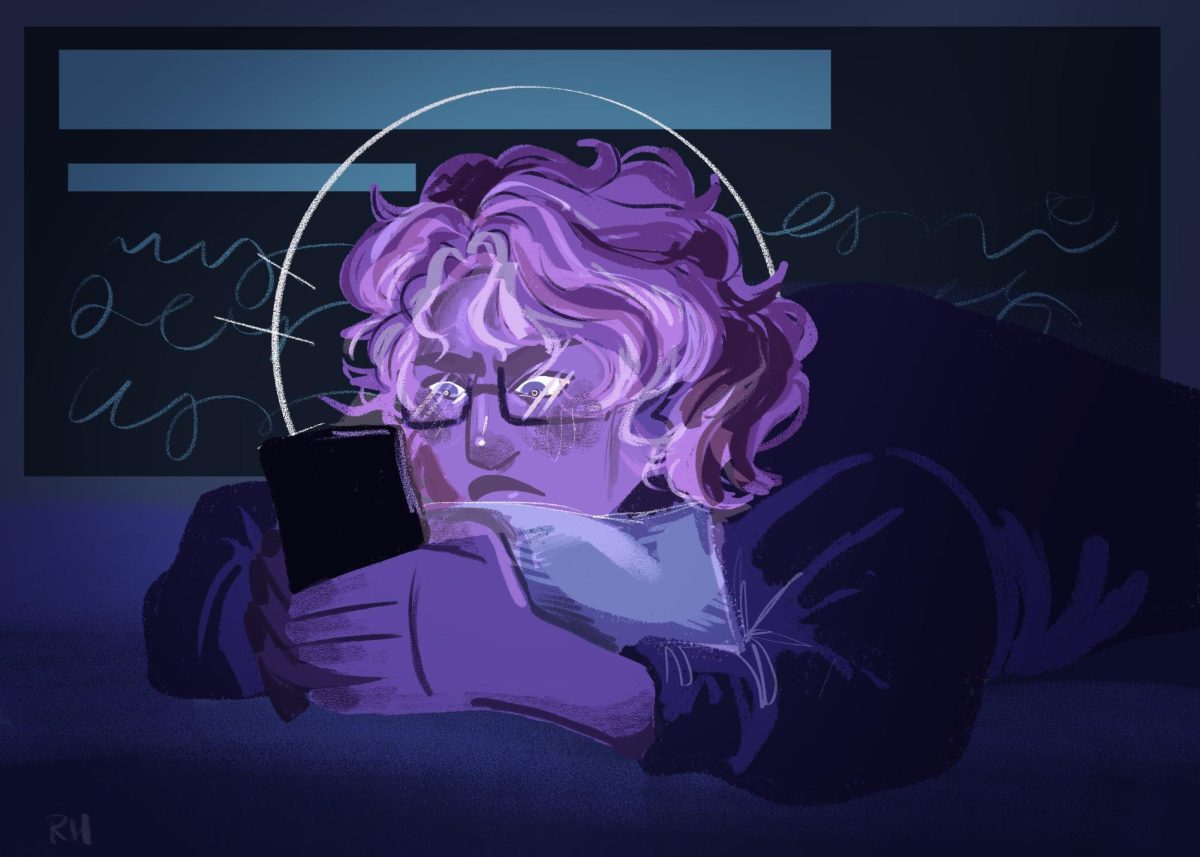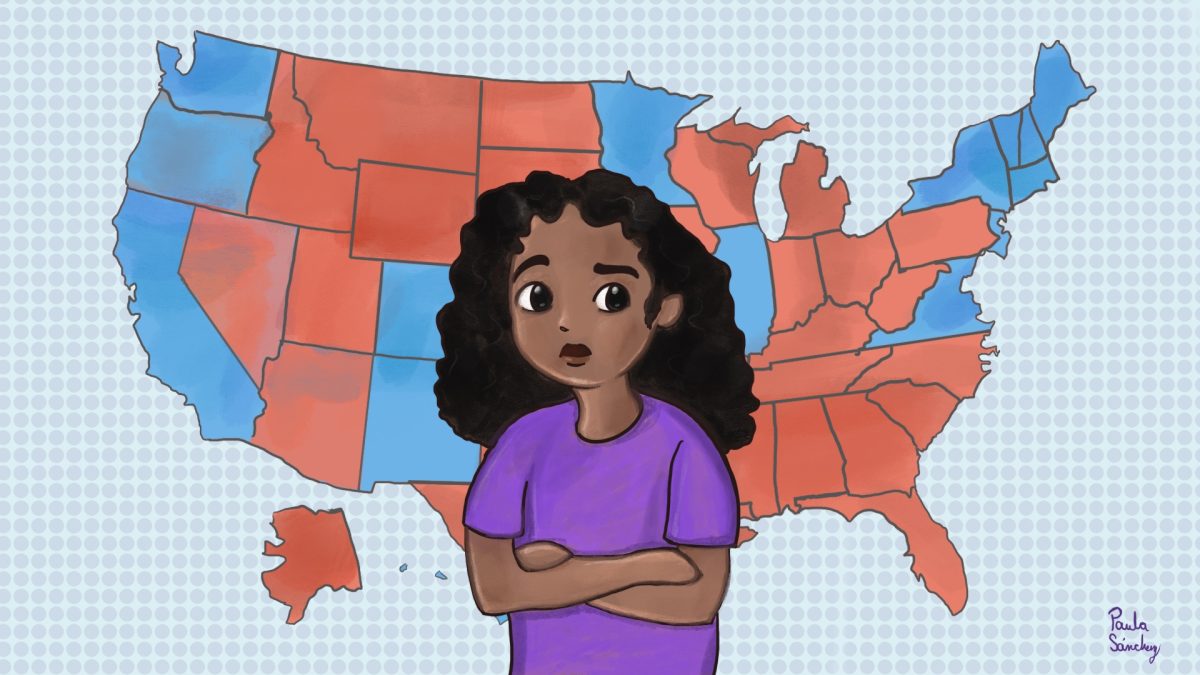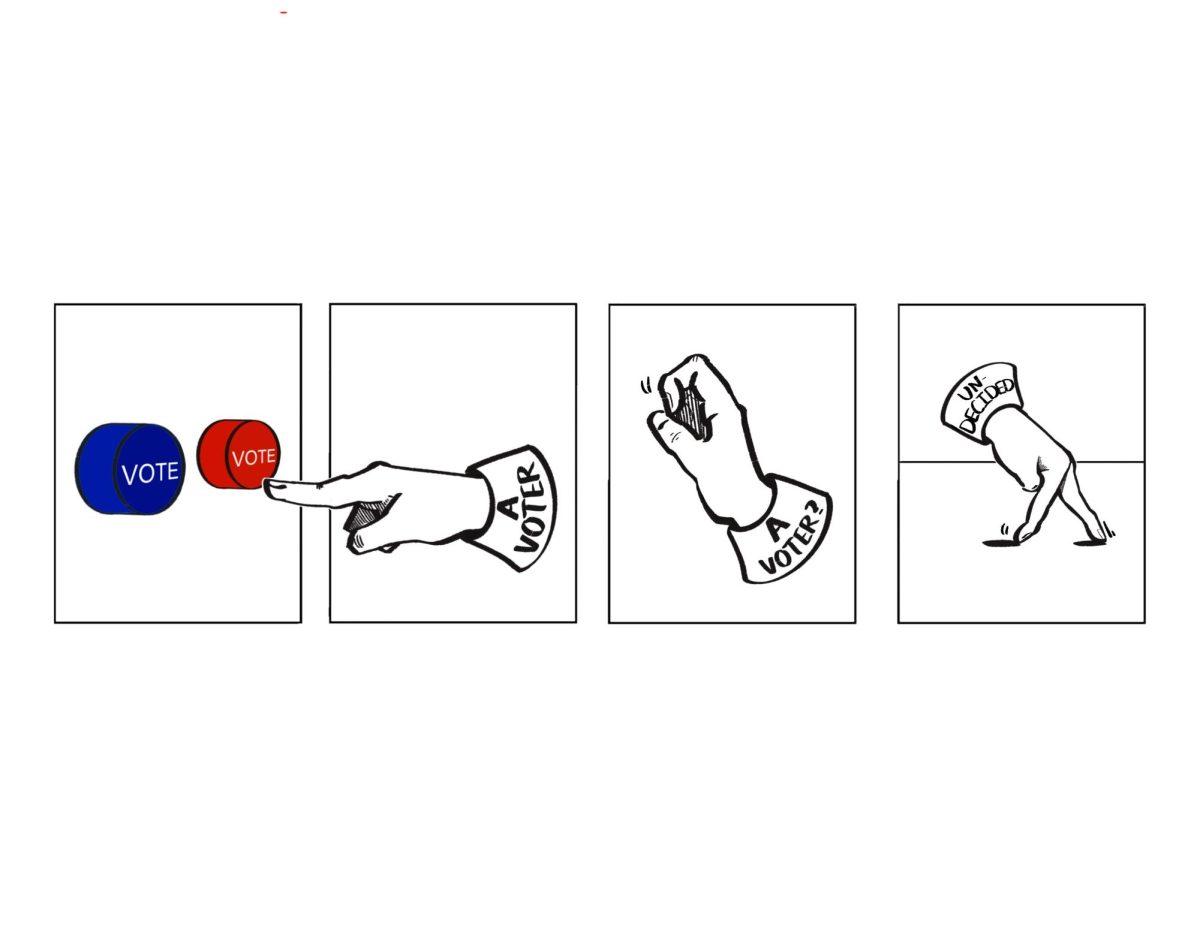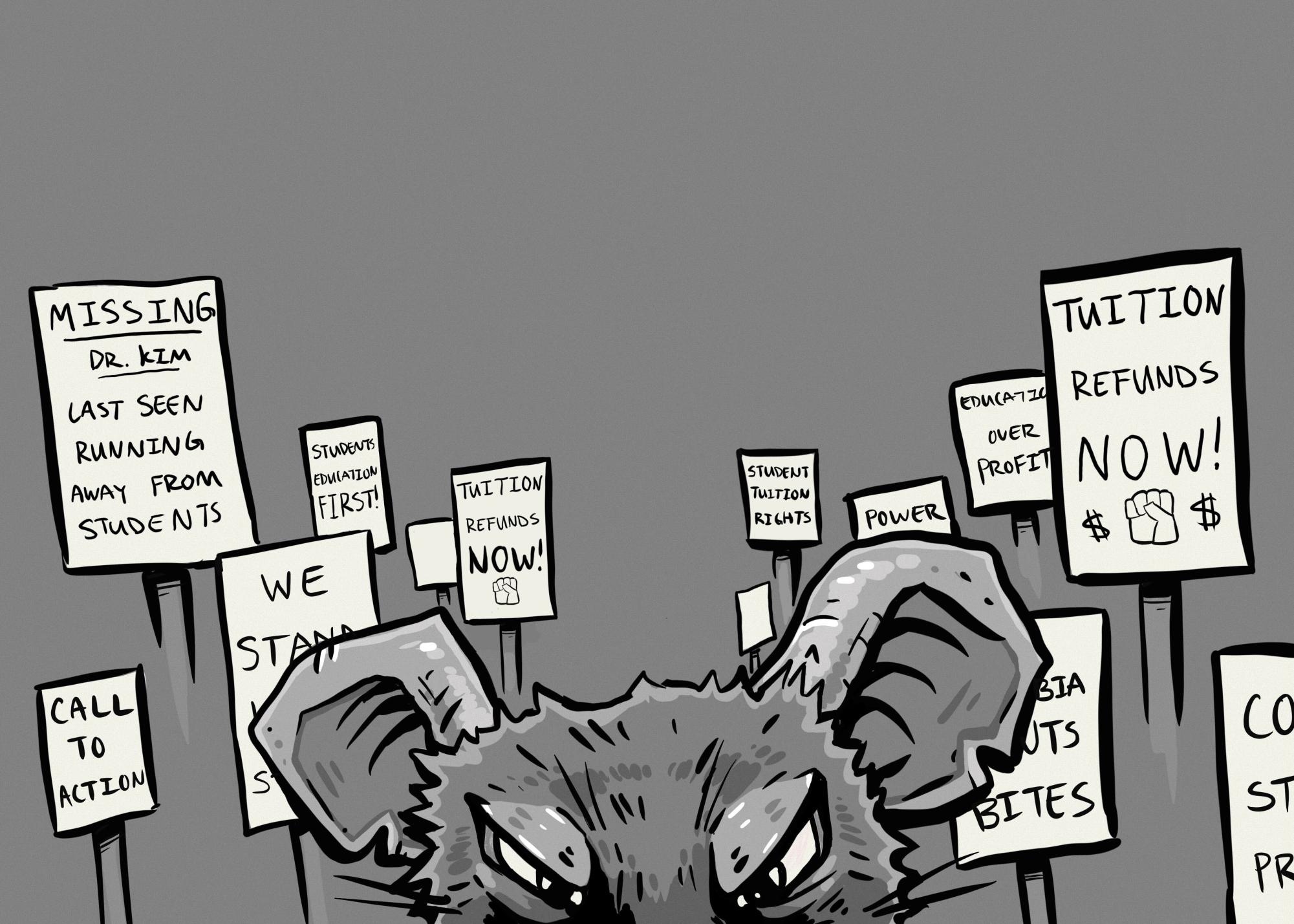
The administration offered the Columbia Faculty Union a new offer on Tuesday, Nov. 14. This comes following after the union rejected another offer over the weekend. Union President Diane Vallera called that first offer “insulting.” If taken, it would have ended the nearly three-week strike.
The offer had five major parts with only one that would affect students directly. The one offer that would affect students was the restoration of 30 sections — now up to 45 in the latest offer, though it’s not clear if restoring them means they would actually run if there are not enough students for them. As well, the offer contained additional benefits to the faculty such as a free Discount Medical and Wellness Program, $400 payment to instructors if their class is canceled( $700 if the class is canceled three weeks before), title change from adjunct faculty to Adjunct professor of instruction and input from the union in future provost decisions.
To the editorial board, it is not a surprise that both of these offers rarely discussed students. It was expected a deal would not reflect any major changes for the student body, including the tuition freeze students have asked for.
The union represents the part-time faculty, not the student body. While we believe that the union does care for students, it is a secondary of what their purpose is.
The administration also represents their own issues, primarily to solve the financial issues that have been facing the school for a decade from declining enrollment. Years of small mistakes being made among various departments have led us to this point. For them, their responsibility is to fix the financial crisis.
This all to say, the administration is negotiating with the union and not the students. This was never about students, even though both sides would lead us to believe that it is.
We recognize there are students who are fully aware that the union is prioritizing work conditions and teaching opportunities for instructors. The problem is there are students who believe that the union will provide radical change for them.
Students should be respected as a consumer and as an active participant in their education.
Students are growing increasingly frustrated with classes continuing to be canceled. There has been outcry on social media over the strike prolonging into a third week. Students are losing faith in the union and the administration’s ability to come to a resolution in a way that will not damage their educational experience more than it already has. Parents also are expressing their concerns over social media.
ColumProtest, a student-supported Instagram page, dedicated to protesting tuition increases and DEI issues, shared a post this week questioning if the deal has included a tuition freeze. They — and other groups — have called for protests and a sit-on on Thursday, Nov. 16.
This all points to how students should have not been so hinged on the union. If students are frustrated, it is up to us to make a difference.
This is the time for students to take their stance.


